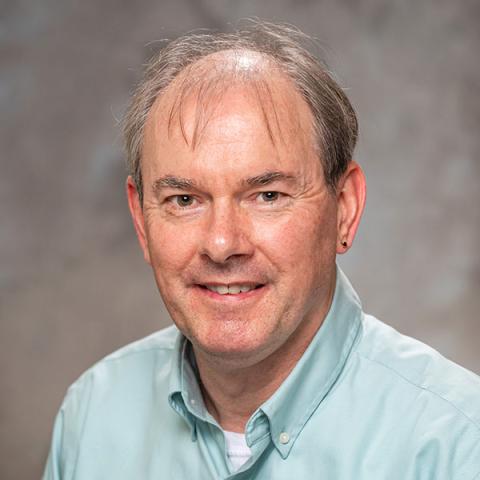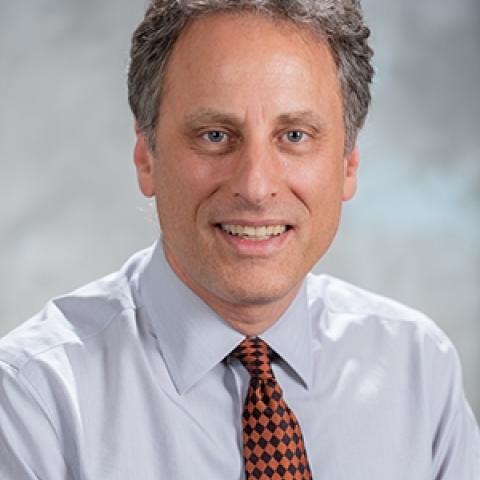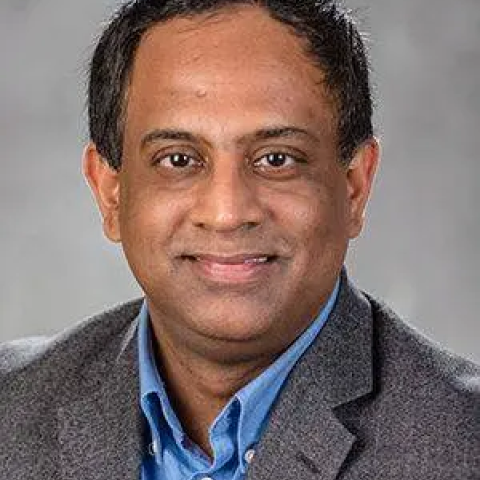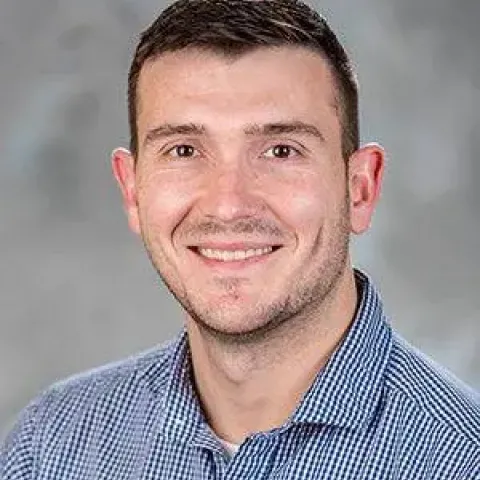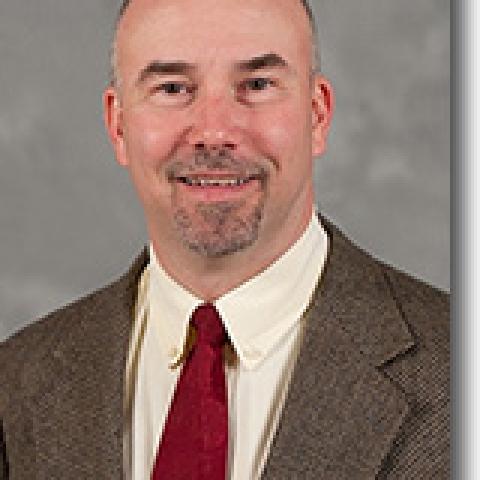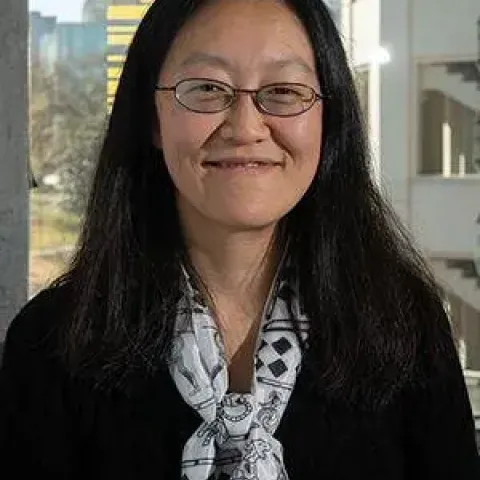Elsa Reichmanis
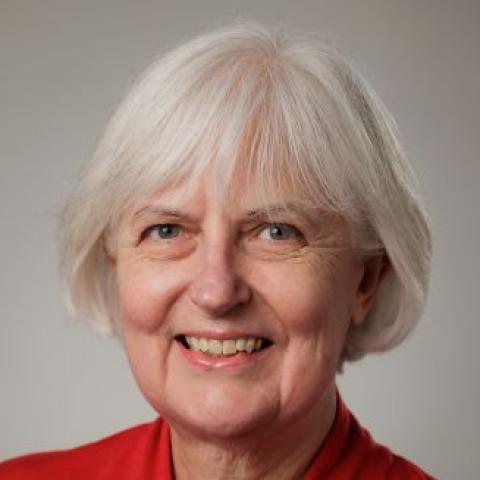
Elsa Reichmanis is Anderson Chair in Chemical Engineering in the Department of Chemical and Biomolecular Engineering at Lehigh University. Prior to joining Lehigh, she was Professor and Pete Silas Chair in Chemical Engineering in the School of Chemical and Biomolecular Engineering at the Georgia Institute of Technology. She started her independent career at Bell Labs where she was Bell Labs Fellow and Director of the Materials Research Department. She received her PhD and BS degrees in chemistry from Syracuse University. Her research interests include the chemistry, properties, and application of materials technologies for photonic and electronic applications. She has had impact in the design of new imaging chemistries for advanced lithographic applications, and designed one of the first readily accessible and manufacturable polymers for advanced silicon device manufacturing using 193 nm lithography.
The Reichmanis research group is currently exploring polymeric and hybrid organic/inorganic materials chemistries for a range of device and electronic and sustainable energy applications. Her research, at the interface of chemical engineering, chemistry, materials science, optics, and electronics, spans from fundamental concept to technology development and implementation, with particular focus on polymeric and nanostructured materials for advanced technologies. Currently, efforts aim to identify fundamental parameters that will enable sub-nanometer scale dimensional control of organic, polymer and/or hybrid materials for applications including transistor devices, photovoltaics, and high-capacity energy storage.
Reichmanis was elected to the National Academy of Engineering in 1995 and has participated in several National Research Council (NRC) activities. She was an elected member of the Bureau of the International Union for Pure and Applied Chemistry (IUPAC); and has been active in the American Chemical Society throughout her career, having served as 2003 President of the Society. Elsa Reichmanis is the recipient of several awards, including the ACS Award in the Chemistry of Materials (2018), the ACS Award in Applied Polymer Science (1999), the ASM Engineering Materials Achievement Award (1996), and the Society of Chemical Industry’s Perkin Medal (2001). In other service, she is an Executive Editor of the ACS Journal Chemistry of Materials.
The Reichmanis Group works at the interface of chemical engineering, chemistry, materials science, optics, and electronics spanning the range from fundamental concept to technology development and implementation. Research interests include the chemistry, properties and applications of materials technologies for electronic and photonic applications, with particular focus on polymeric and nanostructured materials for advanced technologies. in paper-based battery applications as well.
Energy Storage; Solar; Biochemicals; Chemical Feedstocks; New Materials; Coatings & Barriers; Biorefining; Energy & Water; Biomaterials
- Resource and Materials Use
